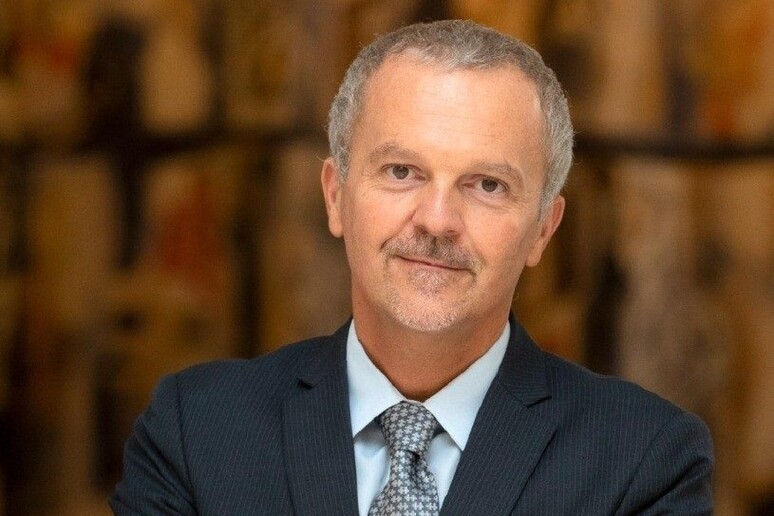The Italian Embassy in Kazakhstan and the Italian Cultural Institute of Almaty, in collaboration with Nazarbayev University and Valore Italia, present "Science and Creativity", the Science Day to be held on 15 May 2025 in Astana. The event is proposed as a moment of confrontation and collaboration between two countries united by the desire to explore the potential of technology applied to culture. Speakers on the day will include the Ambassador of Italy to Kazakhstan Antonello De Riu, the Minister of Science and Higher Education in Kazakhstan Nurbek Sayasat, and in connection from Italy Maria Chiara Carrozza, President of the National Research Council.
'Science and Creativity' stems from the need to explore the increasingly strategic role played by technological innovation in the cultural sector. Through a rich programme of lectures and presentations, topics such as the digitisation of artistic heritage, the use of augmented and virtual reality in museums, the use of robotics and artificial intelligence for the enhancement of cultural heritage, and the growing importance of cultural data as a strategic asset for the governance and sustainability of the sector will be addressed.
"With pride we celebrate in Astana the 8th edition of the Italian Research Day, an event that, although ideally linked to 22 April (Rita Levi-Montalcini's anniversary), is adapted to local needs to strengthen the Italy-Kazakhstan dialogue on innovation and culture," said Antonello De Riu, Ambassador of Italy to Kazakhstan.
"The theme 'Science and Creativity' reflects the Italian essence: a country that has been fusing scientific excellence and artistic genius for centuries. A renaissance combination that is today relaunched through heritage digitisation, artificial intelligence for cultural preservation and robotics for historical protection. Kazakhstan, dynamic and attentive to its own identity, is a strategic partner in uniting past and future. Collaborations such as those with Nazarbayev University, which hosts many Italian academics, demonstrate how research is an engine of cultural diplomacy and economic growth. At the heart of this day is a profound conviction: the synergy between humanistic and scientific knowledge, not only an ideal but a concrete necessity for reinventing cultural heritage. Without a humanistic basis, science loses communicative effectiveness. It is this interdisciplinary dialogue that transforms culture into a lever of innovation, development and global dialogue,' adds Ambassador De Riu.
'I agree with our Ambassador's thoughts,' comments Edoardo Crisafulli, Director of the Italian Cultural Institute in Almaty. - I remember, for example, the figure of Primo Levi: writer, humanist and chemist of the first order. I find the concept of interdisciplinary dialogue between the humanities and the sciences effective as a driver for innovation, also in function of a more inclusive, people-friendly society. At the Italian Cultural Institute in Almaty, which opened just a year and a half ago, we wanted, in synergy with the Embassy, a programme that would give ample emphasis to the relationship between culture and business, in particular: technological innovations-university research-design. One of the most important fruits of this nexus: the sculpture dedicated to Marco Polo, placed in front of the Institute of Culture in 2024, realised thanks to the support of Graniti Fiandre, a brand of the Iris Ceramica Group. The company supplied the beautiful eco-friendly ceramics with which the work was made. Enclosed in those ceramics is an ancient tradition of industrial design, which is renewed thanks to new technologies and the use of an original chemical formula that applies photocatalysis to ceramics, transforming them into a tool for public health, developed at the State University of Milan. In short, love for aesthetics, attention to functionality and wellbeing, and passion for scientific research are happily combined here,' concludes Director Crisafulli.
ALL RIGHTS RESERVED © Copyright ANSA











